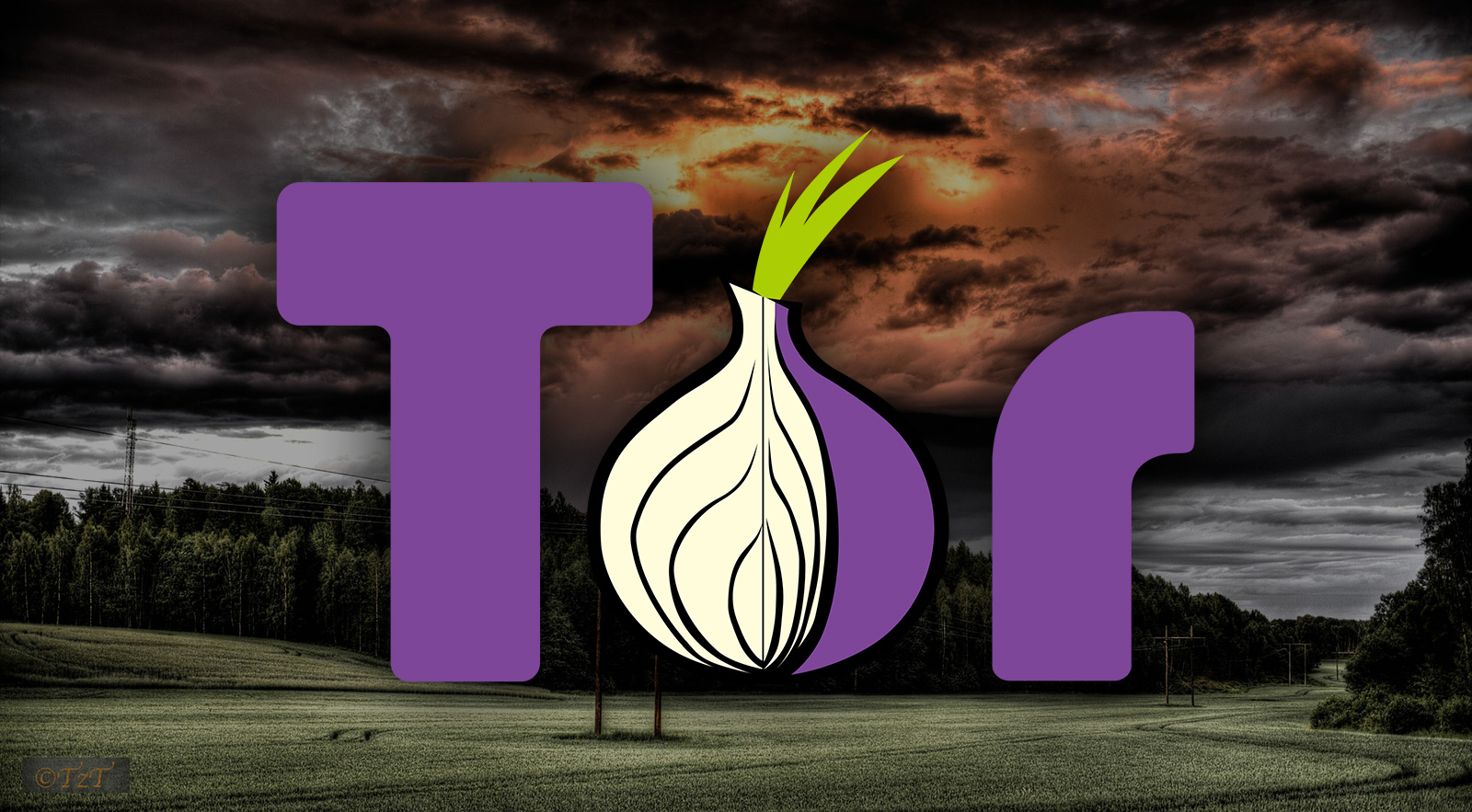The Tor Project, the research-education nonprofit organization that maintains software for the Tor anonymity network, has announced a membership program to secure funding that will allow them to “be more agile” when it comes to software development.
“The traditional grants that nonprofits normally depend on, be that from governments or private foundations, have a long turn-around period (six to twelve months from submission of a proposal to the receipt of a contract and start of work). That means when a proposal is accepted and a grant contract is signed, we begin work on the project that we outlined sometimes more than a year prior,” the organization explained.
“Because we are a software development organization, relying only on grant funding, forces us into a development model that is slow and archaic. We can never execute solutions immediately in an agile way or experiment quickly with possible paths. We want to change that so we can respond to issues and start projects faster. And we can do that by increasing the number and amount of unrestricted contributions to the Tor Project.”
About the Tor Project Membership Program
Companies and organizations that join the program will be:
- Able to contact the Tor Project team directly for support or consultation
- Have access to the Onion Advisors group, which will help integrate Tor into their product or answer technical questions about privacy, censorship circumvention, etc.
- Be invited to webinars and meetings with the Tor Project team to learn about future plans
- Be provided with varying opportunities to share their commitment to online privacy with the Tor Project followers and community members
The founding members of the program are Czech cybersecurity software company Avast, privacy-preserving internet search engine DuckDuckGo, security company Insurgo, the Mullvad VPN service, and threat intelligence company Team Cymru.
Past and present funding
The Tor Project was founded in December 2006 and has been funded by a variety of organizations in the intervening years: the Electronic Frontier Foundation (EFF), the Human Rights Watch, the University of Cambridge, Google, DuckDuckGo, Mozilla, and many others.
It also depends on individuals’ donations for things like routine maintenance and bug fixing.
Earlier this year, the COVID-19 crisis forced the non-profit to let go of 13 members of staff (more than one third of its workforce at the time).













